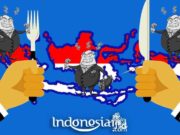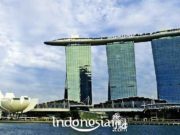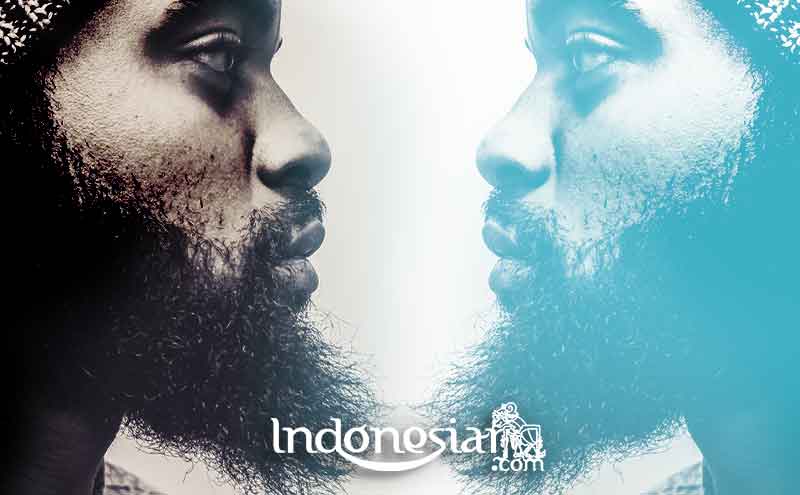The Bugis ethnic community is one of the few ethnic groups in Indonesia who uphold their customs even though the influence of Islam has also been rooted in Bugis culture. Almost all people have embraced Islam.
Wekke (2013), one of the Bugis researchers revealed that this is quite unique considering the strong character of the Bugis community but still able to fuse with Islamic teachings. In the Massuro tradition, reading is the same. This tradition has mixed with the influence of Islamic teachings.
The incorporation of ancient Bugis traditions into Islamic culture resulted in the emergence of the assumption that massuro baca is a tradition close to idolatry. This is because the purpose of this tradition is to pray for people who have died. Massuro baca in Indonesian it can be interpreted as “to pray”. People who carry out this tradition will call the village imam or ustas who not only knows about Islam but also customs to carry out the process of praying specifically.
In the massuro baca tradition, the way to do it is not that complicated. Only making some types of food is a requirement in the reading massuro tradition. The food that is usually prepared is traditional foods, such as onde-onde, baje, cake, and others. This type of cake is synonymous with flour, brown sugar and coconut which are considered as a philosophy for a prosperous life. Also often served foods such as white rice, glutinous rice, complete with side dishes such as chicken, fish, eggs and water. This food is inherent in the philosophy of an adequate and established life.
The food that has been prepared is then served in a tray, then the reader will come and sit in front of the dish while doing a prayer addressed to the party being prayed for. After the food is prayed for, the family is usually called to eat together with the dishes that have previously been made a requirement for performing the massuro reading ritual.
This tradition is usually carried out before Ramadan or from a week to one day before the holy month of Ramadan and after performing the Eid prayer. These rituals are usually intended not only to pray for the deceased but for family members who are not in the village, in other words leaving their place of origin to look for work such as enlisting TNI soldiers, and so on. Come on, get interesting information from Indonesiar.com.
—Source : etnis






























